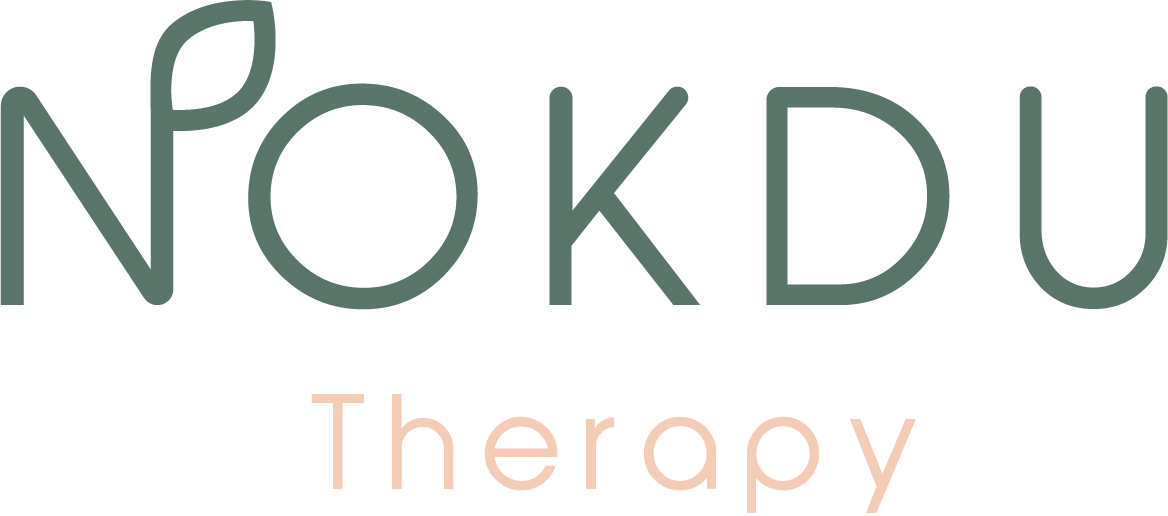
Cognitive Behavioral Therapy
For Teens (16 years old +) and Adults
We have CBT-certified therapists with the Academy of Cognitive Therapy, a premiere, national organizational body that oversees training and research for CBT.
The fundamental principle underlying CBT is that thoughts, feelings, and behaviors interact with one another to affect our internal experience of the world.
We all have a running script in our minds that might go as unnoticed as our heartbeat because it is so integrated into our worldview. Also, because what we have lived is sometimes all that we know, we may not have access to different ways of thinking that can help release us from our internal cages, much like a fish in water that cannot conceive of the existence of air. I hope to help you gain the tools to press the slow motion button on those thoughts, identify the patterns that are contributing to your pain, and restructure the cognitive frameworks and behaviors that are impeding your ability to achieve your goals. Once you identify thinking patterns that are unhelpful to you, you can then learn different ways of coping with them. CBT uses behavioral experiments to change your reactions to events that move you forward out of cycles that only take you further from the life you wish to live. We will work on problem solving strategies to help you increase a sense of empowerment over your life, and to break patterns of avoidance that only cause problems to get bigger.
Doing so can help to actually alter the chemicals and neural pathways in your brain to create long-lasting change.
CBT has a wealth of research in its effectiveness to work through anxiety, depression, panic, OCD, trauma, relationship conflict, substance abuse, and eating disorders. It also has several adaptations to work through specific issues.
Cognitive Processing Therapy is one CBT adaptation for trauma. This intervention allows people to process trauma by identifying Stuck Points and engaging in cognitive strategies to release those Stuck Points. This may or may not include crafting a trauma narrative, dependent on what feels most empowering to you.

